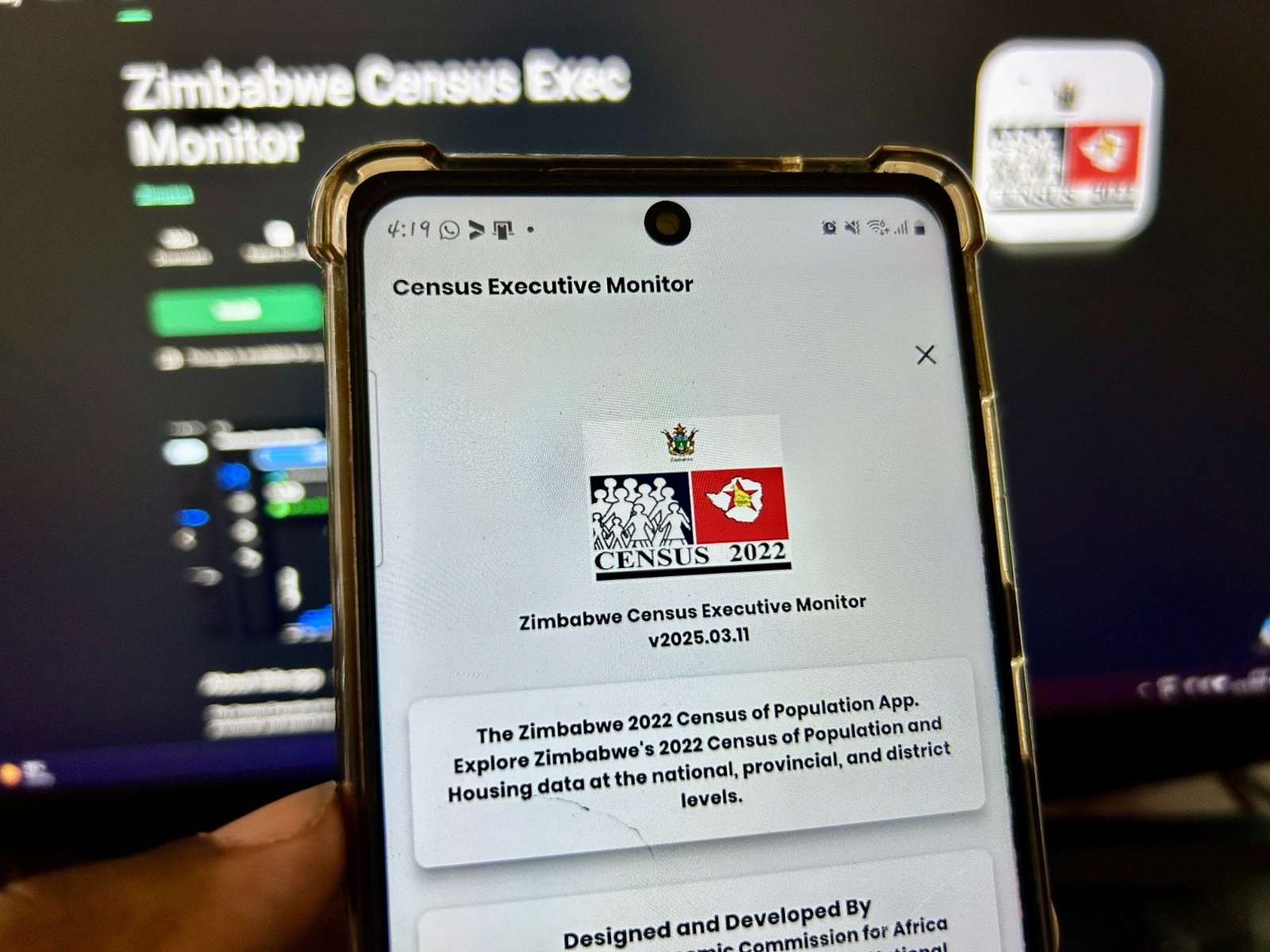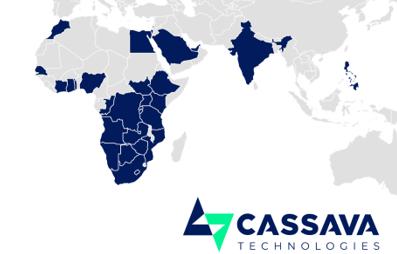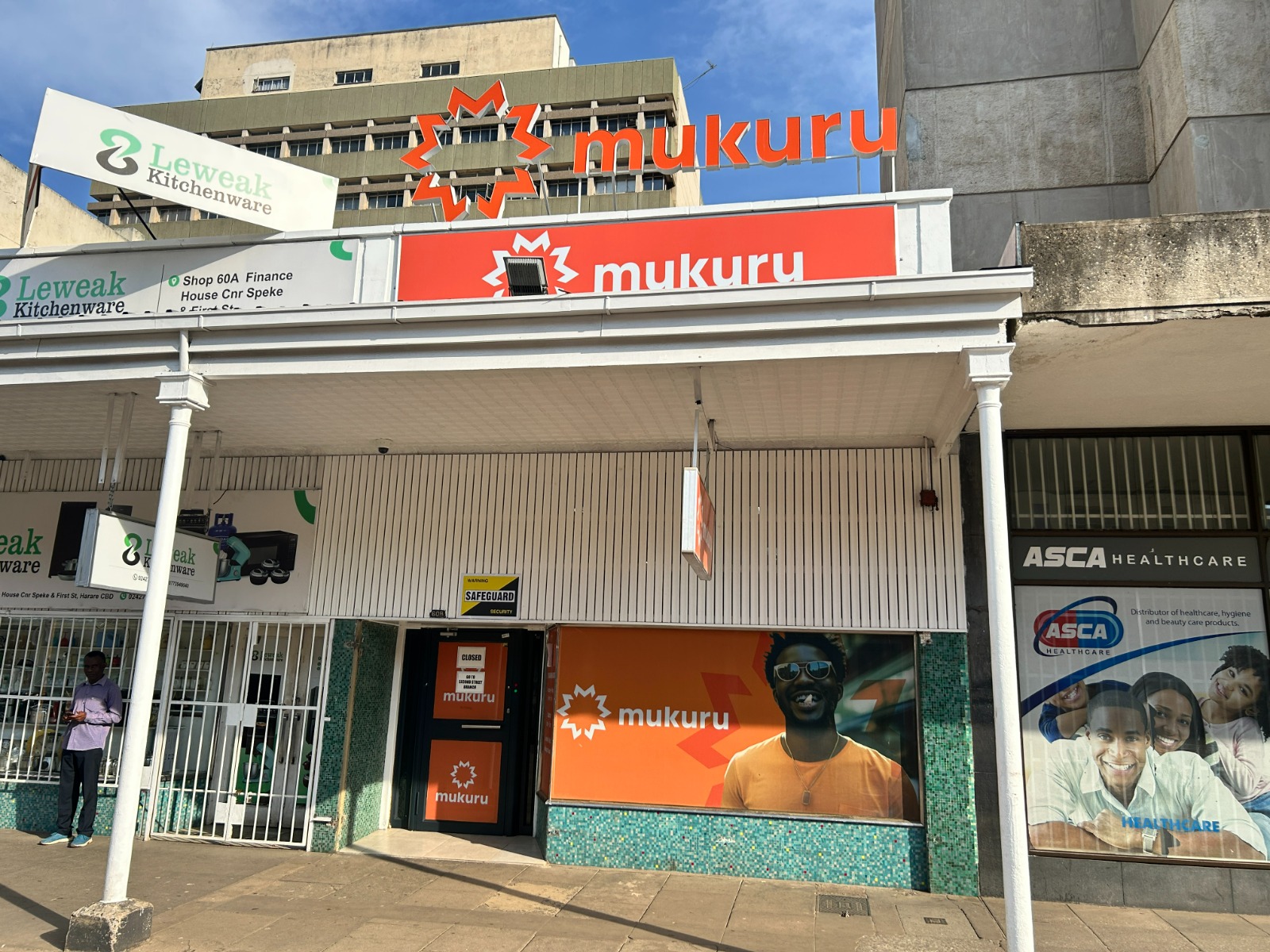
If you follow tech, missing out on the Consumer Electronics Show (CES) highlights is a bit of a downer. There are a lot of things that come from each edition that push the envelope in the world of consumables without focusing too intensely on mobile tech. There is a lot to digest especially for an expo that comes so early in the year.
Although the CES dust has settled I still am impressed by Microsoft, not only by its Windows laptops, desktops and gaming PCs, but also by it’s mobile device division Nokia (It still sounds weird saying that).The company showed off the Nokia 215 which, although far from being a super smartphone like what you’d expect from CES, is instead the cheapest internet ready phone that Microsoft/Nokia has ever rolled out.
Designed with emerging markets in mind (it works on 2G networks) the device has basic specs that won’t dazzle anyone already using a smart device of any sorts.
There’s the throwback keypad (who needs a touch screen anyway), an Operating System that some won’t recognise (Series 30+, forget about Android), a 2.4 inch display, 2MP VGA camera and support for a 32GB micro SD card.
It is runs on an able battery (20 hour talk time and 29 days standby), a flashlight (perfect for anyone at the mercy of ZESA), a dual SIM option (this accommodates that 127% that owns more than one line) and it comes installed with Opera Mini which has been a godsend for frugal users of data (just ask Econet), as well as Twitter, Facebook and Messenger.
All of this, except the absence of WhatsApp which isn’t compatible for devices running the Series 30+ OS, screams proudly Zimbabwean, not to mention the modest asking price of $29.
As we’d all expect local prices will differ negatively because of duty and added costs that retailers always pass on to us. It wouldn’t be surprising to see it hit the $50 mark, unless of course you are dealing with informal channels that get the device across the border for you discretely.
Applause for Nokia. Will it be this industry’s comeback kid?
I’m one of many Zimbabweans that had their first mobile device experience with a Nokia phone, well before Steve Jobs had told the whole world what a phone was supposed to do. The brand Nokia meant a fairly priced, versatile phone that defined mobile use in the our market. Locally it still controls the largest market share largely to this legacy, although Chinese devices and Samsung are changing that every month.
Things later changed and we soon appreciated how downloading applications, take selfies and using phones to read books or watch series meant more than a built-to-last experience.
Nokia fell far behind in this post 2007 iPhone era and even after a brand evolution (what does Lumia mean anyway?) and an All-American takeover it still is struggling as a visible provider of smartphone devices. Declining smartphone sales that were being recorded as the Microsoft/Nokia deal was being concluded were carried on well into 2014.
Still it’s not all gloom for Microsoft Mobile. The brand now has it’s own hardware and software platform, which although it hasn’t yet been fully integrated, is one step ahead of what Samsung is now toying with through the rollout of Tizen. This integrated ecosystem is the point of difference that Apple has had from day one.
Despite all of these complications one area that Nokia still controls is the lower end features phone market. As far as aggregate mobile phone (smart and feature) sales are concerned Nokia is number two behind Samsung, something that shows a firm grasp of feature phone market dynamics.
It’s hardly a good place to be seeing that these sort of devices are being let go of slowly. However as entry level internet devices that introduce first time mobile internet users to the web are concerned, they have some influence.
Which is the sweet spot that phones like the Nokia 215 is targeting. Until other smartphones become affordable for the emerging market consumer any device that allows Facebook access, Instant Messaging, Twitter and cheap browsing will be as smart as phones will get for the majority. The hope here is that a transition from feature phone will then be to another Microsoft device.
Opportunities abound for Mobile Networks?
Some time last year we saw Econet and Telecel partnering with distributors in arrangements for the sale and distribution of devices. Telecel was hitched to GTel and Econet through its new Econet Premium brand has been on a quest to push iPhones.
I can’t argue with whatever market intelligence powered both these approaches. After all the rationale behind the insistence on selling premium devices is to cash in on their higher profit margins. This is the same reason why Apple makes more money than a lot of countries.
However for the mobile networks shouldn’t the opportunity be on a phased introduction of more mobile subscribers onto web based services? Looking at things from that perspective devices like the Nokia 215 and the Astro Goat are a better bet, especially in a constrained economy.
The mobile networks would still make a profit (however feeble) on the device, get engagement on mobile broadband where more services are being born everyday and increase Average Revenue Per User (ARPU) because those Mobile Network bundle fetishes would still be catered for through Facebook and Opera Mini.
Besides, after a while (which looks to be a couple of years) these users are likely to migrate to the smartphones that will be available at that time and fit their pocket. The volumes for feature phone sales are larger and it probably is a lot easier than selling phones that cost more than a BeForward car.
With everything said the only question is whether this phone will give Nokia Microsoft a new relevance in its old territory. Will it make the American software company that’s feeling for a space in a mobile market relevant through a feature device?













Comments
6 responses
No whatsapp no deal! if its landing at $50 why noy pay the extra 5 dollars, get two months free whatsapp and android via the ZTE deal from Econet?
I honestly doubt this will make any impact. There are other Nokia models similar to this and as far as Zim is concerned, they have been largely ignored. The Nokia 220 and 225 are almost identical in terms of functionality – running the same S30 platform – the only difference is that they have better cameras and 225 brings a bigger display. So it isn’t a new thing by any means. Its just making sure they don’t lose that market – but it wont build up to anything meaningful. In fact it represent a slowdown.
They almost had it. But left out whatsapp, viber and the like.
Once again another idiotic and ill informed move by M$. And they continue eroding all the groundwork that Nokia once was with their useless Windows Phone and Lumia handsets.
At least they can afford loss
sure. they have missed the plot big time. any entry level phone gunning for the masses but being whatsapp incompatible is a wasted opportunity
these guyz r backwards.why not just create a cheap smart phone?i bet that would have made a lot of noise on the CES
You make a solid point. If I was with microsoft i would bundle a smartphone with forced add’s or something and subsidize it heavily. get the microsoft message out there for free. Think about it a lumia 500 for maybe $30 would not kill microsoft at all and they could impose certain things like you “have to” have a microsoft account. you can only install abc apps if you install xyz from microsoft first. my thoughts